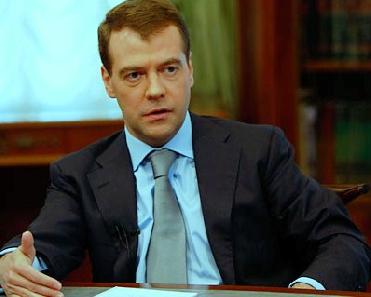
A file photo of Russian President Dmitri A. Medvedev
HELSINKI (BNS): A new Russian-U.S. arms reduction deal to replace the Strategic Arms Reduction Treaty (START-1) that expires in December should also cover delivery systems, the Russian president has said.
"In our view, the treaty due to replace the START treaty should also limit the means of the delivery of nuclear warheads, and not only the number of warheads. I mean by this intercontinental ballistic missiles, submarine ballistic missiles and heavy bombers carrying nuclear loads," Dmitry Medvedev said at Helsinki State University, as quoted by Ria Novosti.
He also said the very "possibility of placing strategic nuclear armaments beyond national borders" should be ruled out, and spoke against deploying weapons in space.
The START-1 Treaty signed between the Soviet Union and the United States in 1991 places a limit of 6,000 strategic or long-range nuclear warheads on each side. The treaty expires in December 2009.
The first START proposal was presented by United States' President Ronald Reagan in Geneva on 29 June 1982. It was signed on July 31, 1991. START includes an intrusive verification regime consisting of a detailed data exchange, extensive notifications, 12 types of on-site inspection, and continuous monitoring activities designed to help verify that signatories are complying with their treaty obligations.
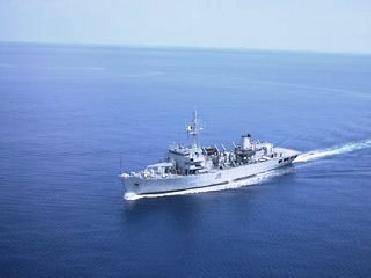 Previous Article
Previous Article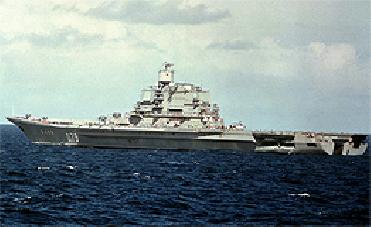 Next Article
Next Article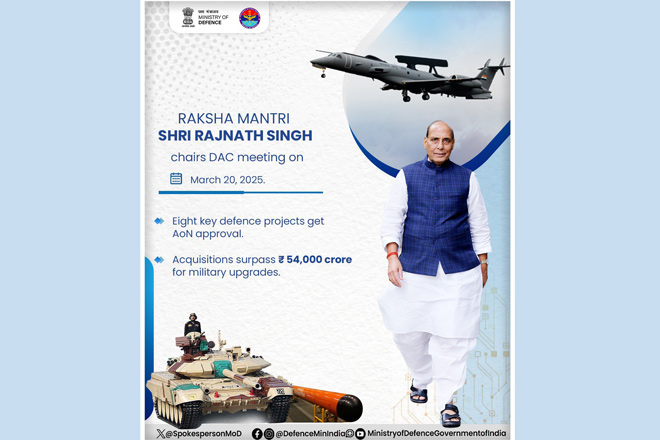

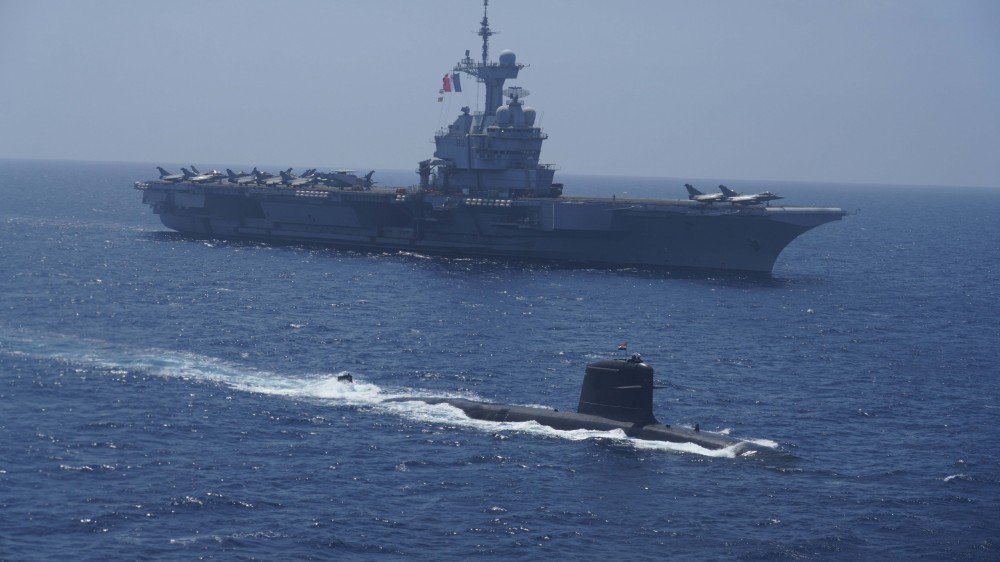
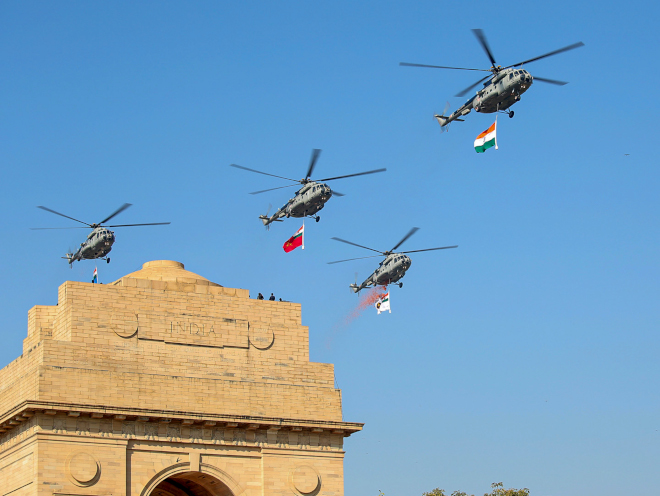



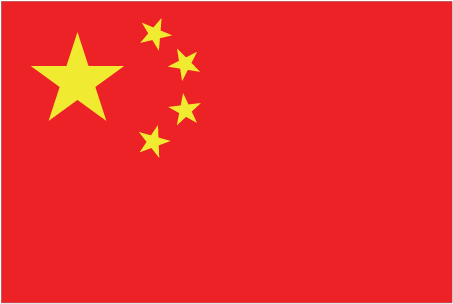





The Indian Air Force, in its flight trials evaluation report submitted before the Defence Ministry l..
view articleAn insight into the Medium Multi-Role Combat Aircraft competition...
view articleSky enthusiasts can now spot the International Space Station (ISS) commanded by Indian-American astr..
view article